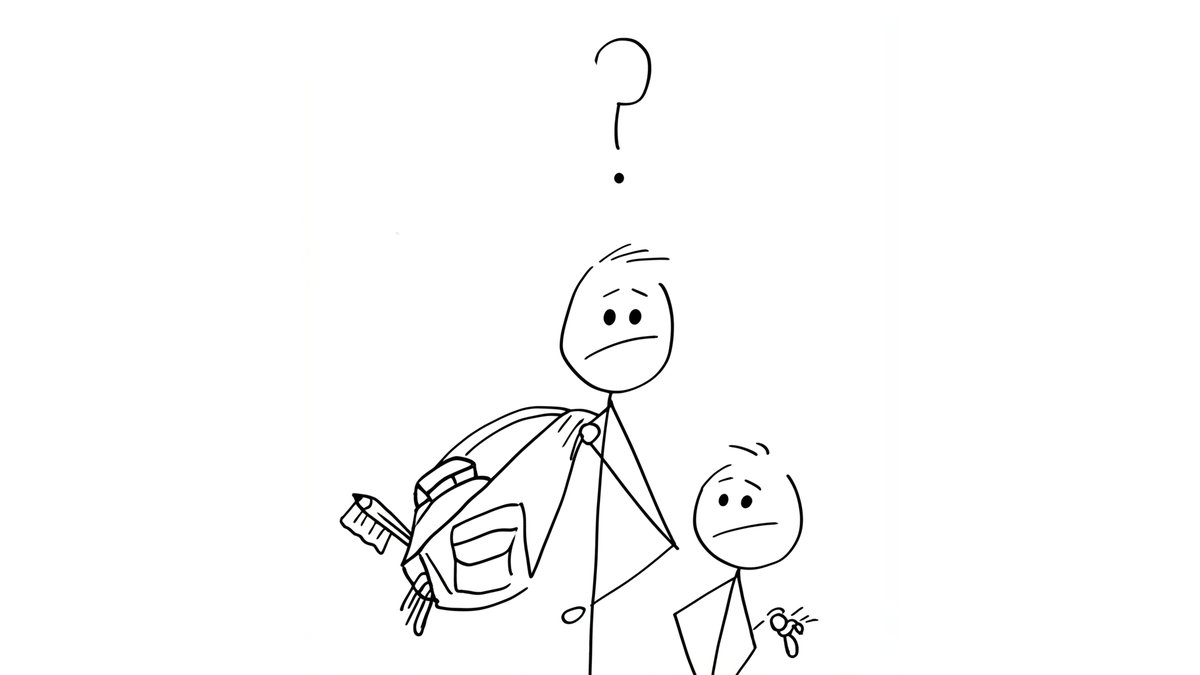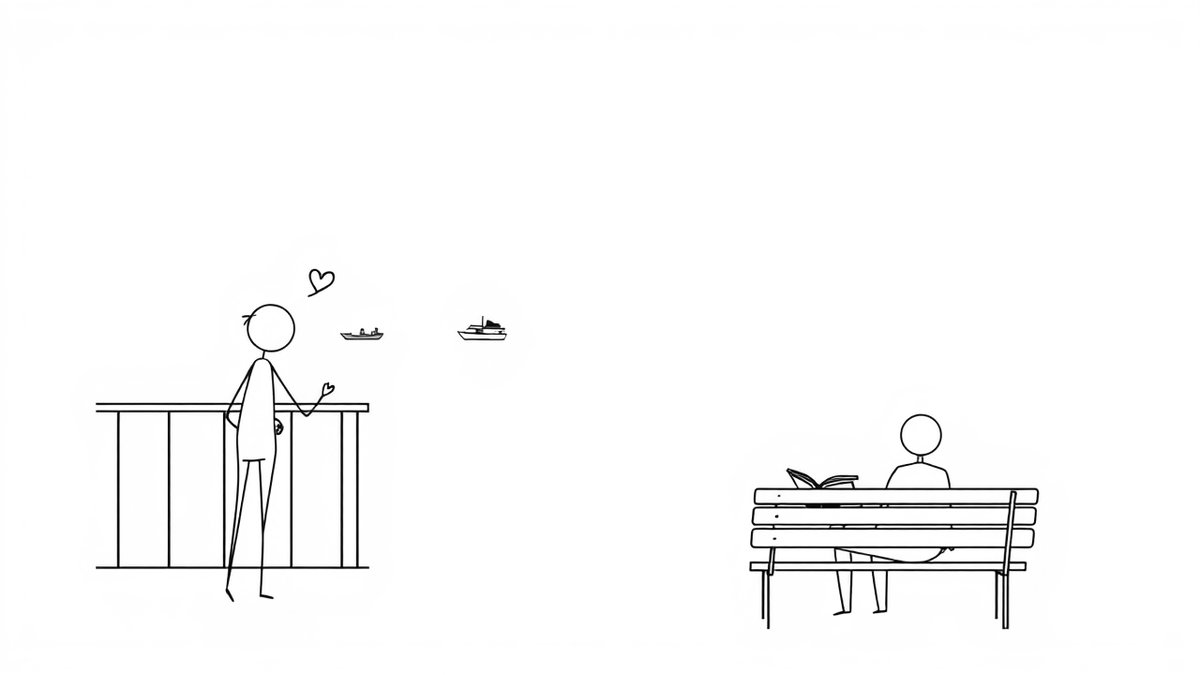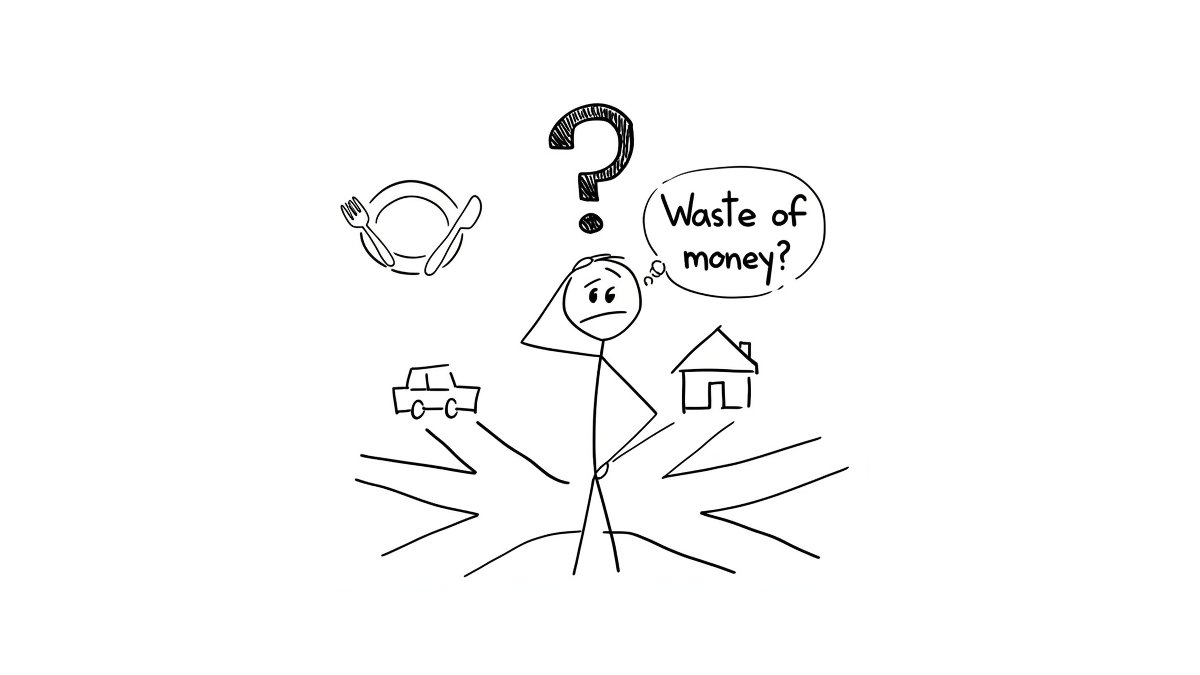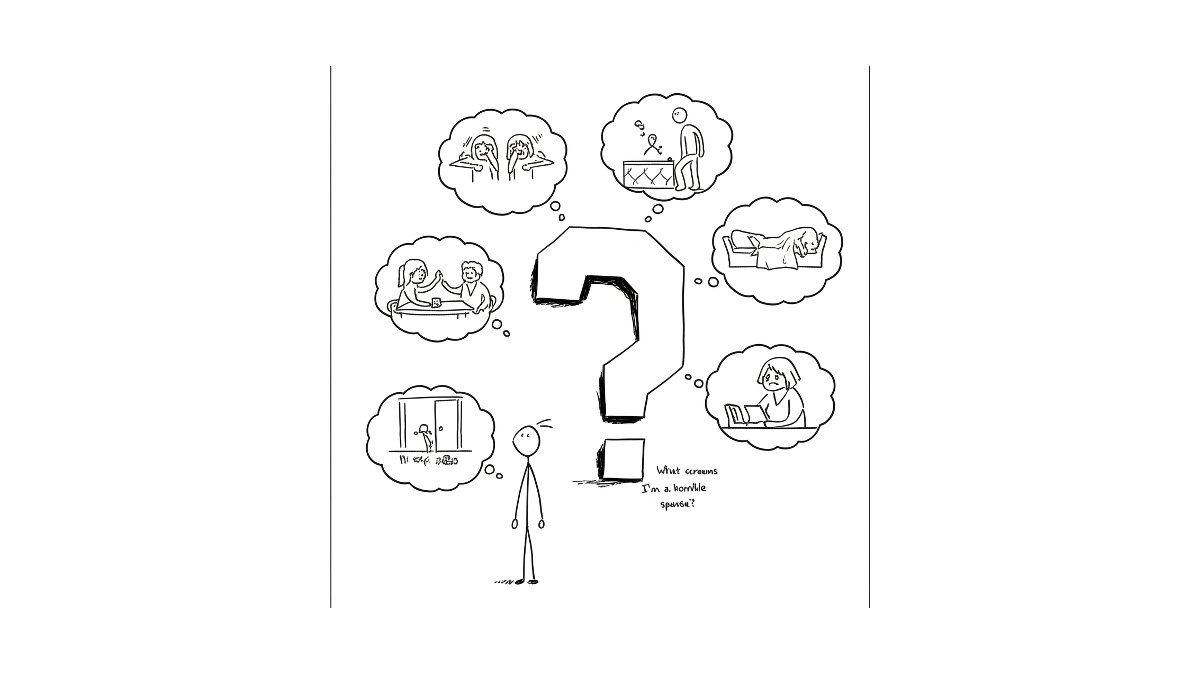You’re packing your child’s preschool bag for tomorrow and you find it. A sparkly crayon that isn’t theirs. Or maybe a small toy you’ve never seen before. Your heart sinks a little. What do you do when your sweet toddler suddenly develops sticky fingers?
The Preschool “Borrowing” Problem
First, know that you are not alone. Many parents discover their preschoolers “borrowing” items that catch their eye. This behavior is common as young children are still learning about ownership and impulse control. For them, seeing something they want often translates directly into taking it.
However, the situation becomes more complex when the child knows it is wrong. Many parents on Reddit share that their child will hide the items or lie when confronted. This shows an awareness that their actions are not right, which can be very concerning for a parent.
“I would find things that don’t belong to her in her bag… she lied and said a friend gave it to her. Clearly, it was a lie.”
Furthermore, experts and parents agree that this phase is a critical learning opportunity. A child’s brain is still developing, so they may not fully grasp the moral boundaries yet. They often act on desire before they think through the consequences.
“Preschoolers are still learning rules around ownership and honesty. They may take things because they like them, and not fully grasp the moral boundary.”
Why Punishment Often Fails
When you discover the stolen item, your first instinct might be to scold your child. You want to make it clear that their behavior is unacceptable. Unfortunately, many parents find that this approach simply does not work in the long run.
In fact, harsh scolding can often backfire. Instead of learning not to take things, a child may just learn to become better at hiding their actions. They get more creative with their lies to avoid getting into trouble, which only deepens the problem.
“The more you scold, the more deceptive she will become. It’s the only logical thing for a child to do.”
As a result, parents feel stuck in a frustrating cycle. The stealing continues, but now it is paired with deception. This happens because a simple scolding often lacks a meaningful connection to the action itself, making it an ineffective consequence.
“Feels like there was no real consequence to her actions, apart from ‘scolding’… your scolding is ineffective, so the consequences need to make an impact.”
3 Steps to Stop Stealing
Instead of relying on scolding, a more effective approach focuses on teaching responsibility and empathy. Reddit parents and child development discussions point to a clear, three-step strategy. These actions help your child understand the real-world impact of their choices in a constructive way.
- First, involve your child in making it right.
“When my parents found out, they sent me to the preschool with the brick and to make an apology… That set me straight for life.”
- Next, teach them about empathy.
Help them connect their actions to another person’s feelings. Ask questions like, “How would you feel if someone took your favorite toy?” This shifts the focus from breaking a rule to hurting a friend, which is a much more powerful lesson for a young child.
- Finally, create a safe space for honesty.
When your child does tell the truth, praise their bravery. You can say, “I know it was hard to tell me the truth, and I am proud of you for that.” This encourages open communication and builds trust, making them less likely to lie in the future.
“Bring her with you when returning items. Have her apologize (even if she’s shy) so she connects her actions to real consequences.”




